Energy Experience
Dive into our step-by-step guide to see how solar can transform your home
01 ENERGY PRODUCTION
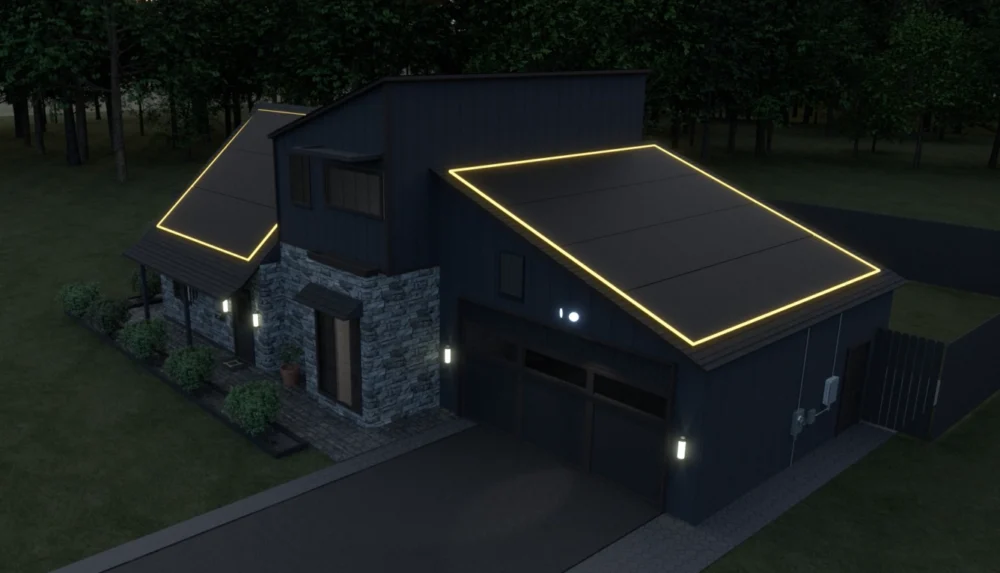
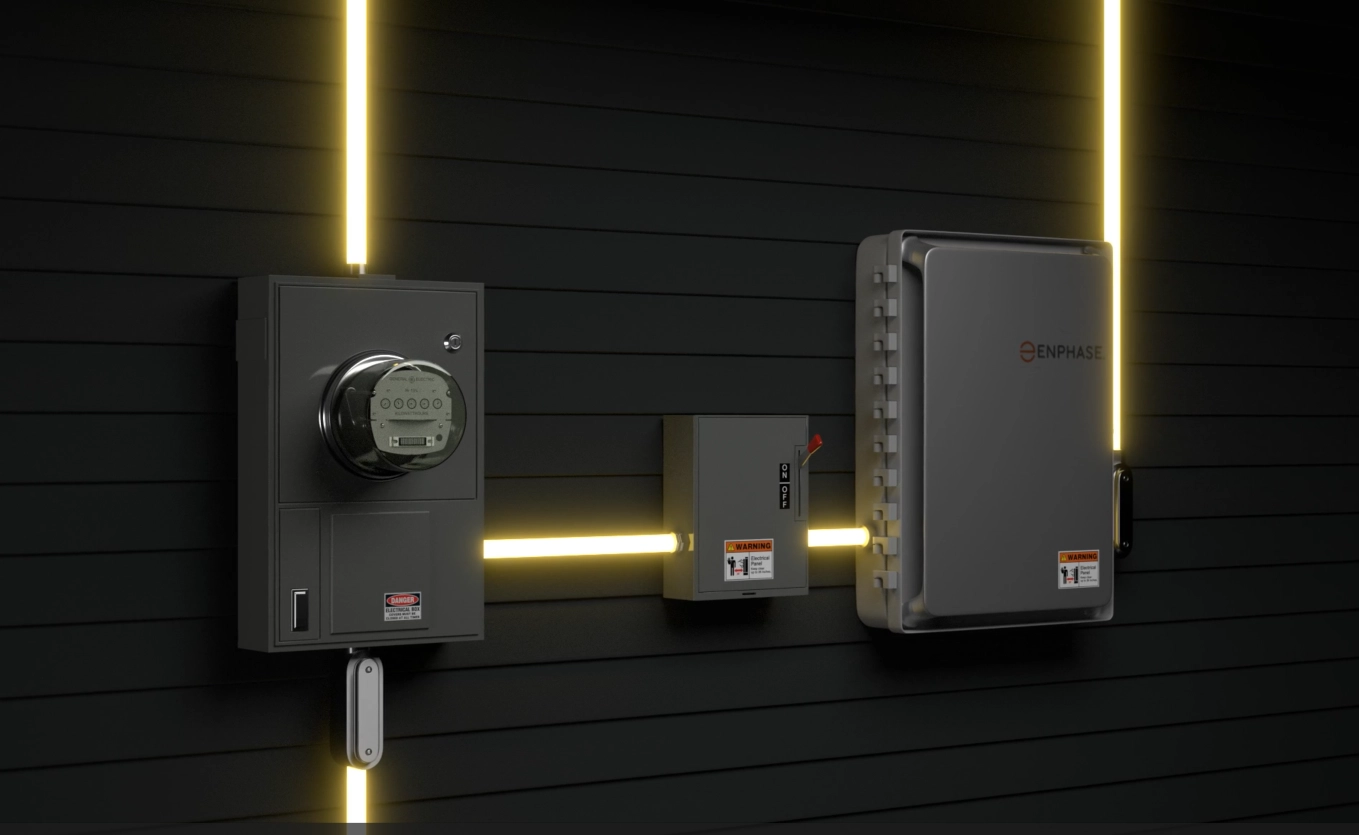
03 POWER MANAGEMENT
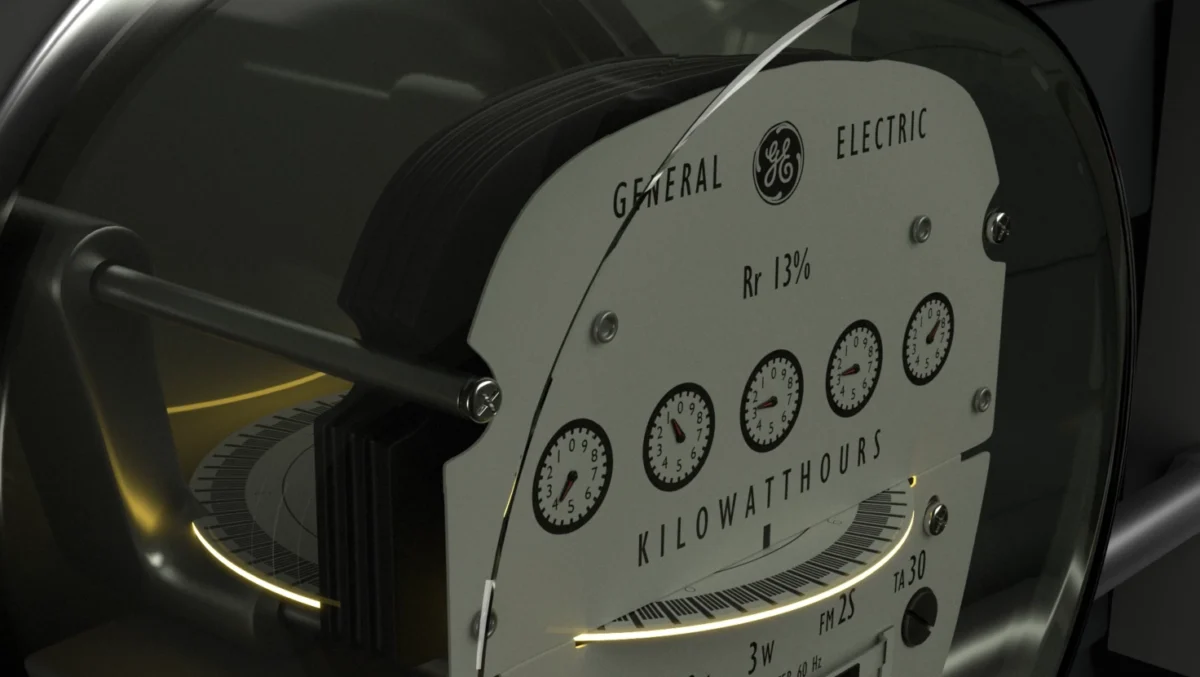
04 UTILITY INTEGRATION
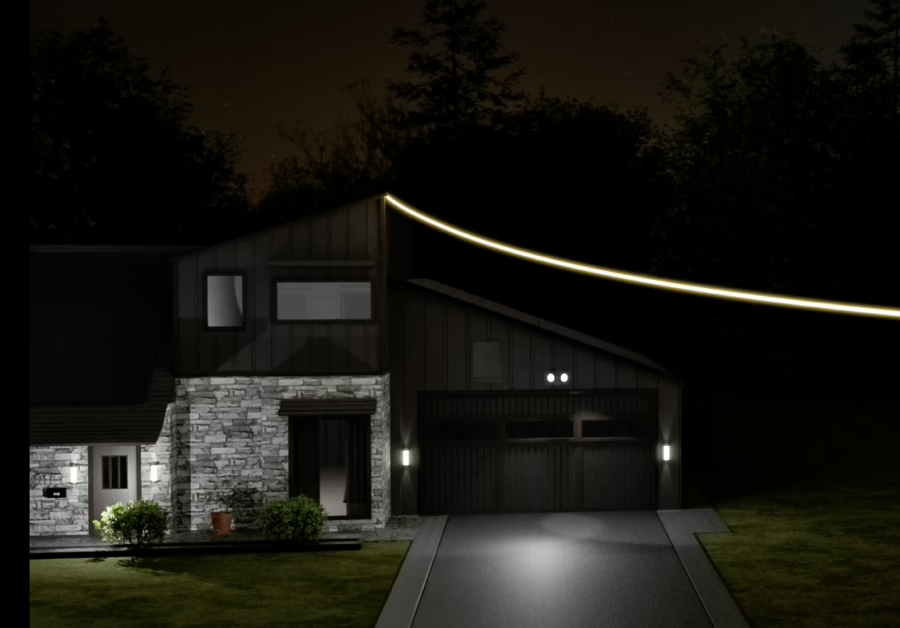
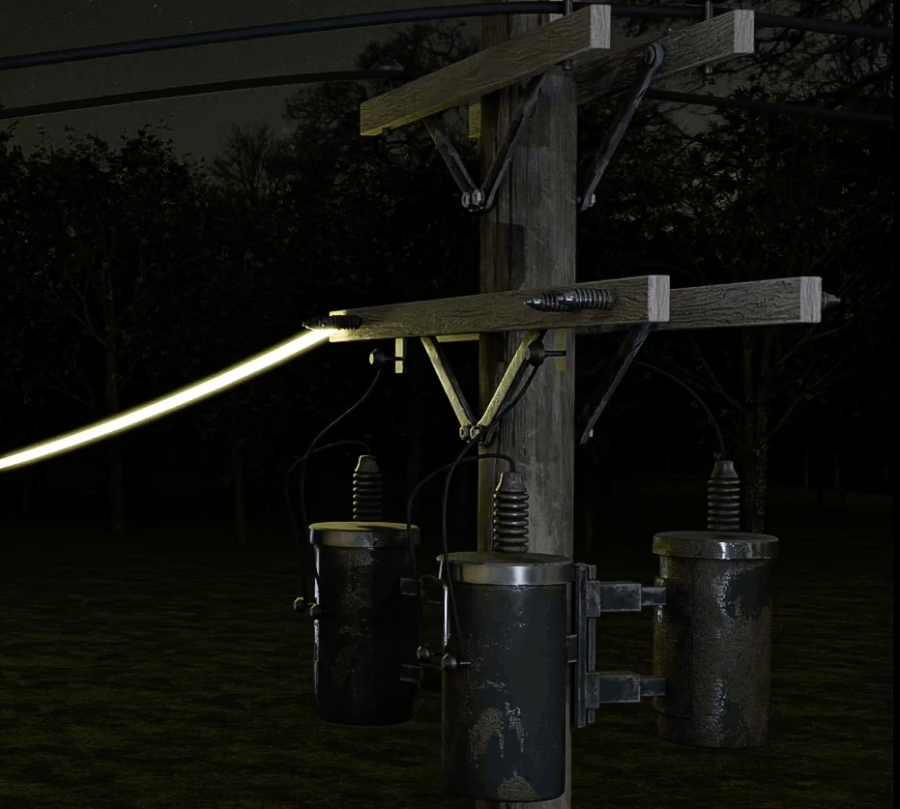
Check if your home qualifies for solar
Receive all the necessary information
to make a decision
Get a quick and worry free solar installation
and start saving day one
Solar panels capture sunlight and use photovoltaic (PV) cells to generate direct current (DC) electricity. Since homes use alternating current (AC), an inverter converts DC into AC. The electricity is then used to power your appliances, and any excess energy can be stored in batteries or sent back to the grid for credits through net metering.
A solar inverter is like a translator. It takes the DC electricity produced by your solar panels and converts it into AC electricity, which your home can use. Without an inverter, the energy from your solar panels wouldn’t be compatible with your appliances.
Solar panels on your roof capture sunlight and turn it into electricity. That electricity travels to an inverter, which converts it into power that your home can use. The energy then flows through your electrical panel to run your lights, appliances, and devices. Any extra energy is either stored in a battery or sent back to the grid through net metering to earn credits.